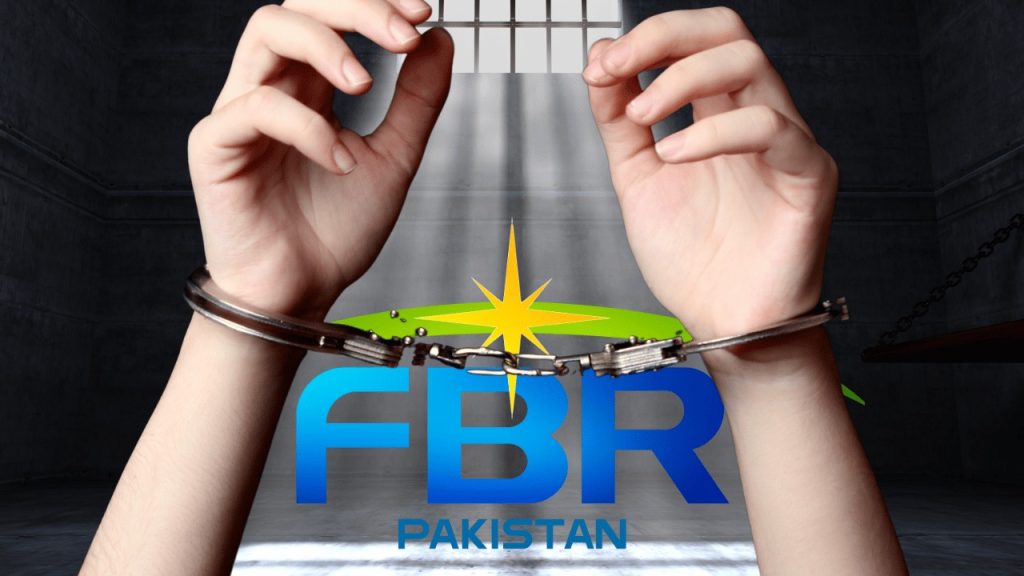The FBR’s new arrest powers cast a shadow over Pakistan’s investment climate, empowering bureaucrats to detain CEOs without due process. This move stands in stark contrast to the Prime Minister’s progressive vision of economic revival, ease of doing business, and investor confidence. Instead of fostering growth, it risks paralyzing enterprise.
When the new government took office, Pakistan’s economy was in a state of emergency. Inflation was at multi-decade highs, foreign reserves dangerously low, and investor sentiment had cratered. Through timely reforms and the proactive efforts of the Strategic Investment Facilitation Council (SIFC), Pakistan managed to avert default and initiated a tentative recovery.
However, the introduction of sweeping powers under the Finance Bill 2025–26 has triggered fresh anxiety. Under the new provisions, the Federal Board of Revenue (FBR) can now arrest top executives suspected of tax fraud without prior judicial oversight. This shift marks a dangerous expansion of bureaucratic authority that could be weaponized for coercion rather than accountability.
The implications are not theoretical. In a notable recent case, four Pakistani tech entrepreneurs were falsely accused of copyright theft. Though eventually exonerated by the Sindh High Court, the ordeal had already damaged their reputation, disrupted funding, and derailed operations. It’s a cautionary tale that resonates across boardrooms today.
Business leaders and associations nationwide have voiced strong opposition to the FBR’s new powers. From trade chambers to multinational councils, there is growing concern that these laws will undermine trust, freeze investment, and accelerate capital flight. Entrepreneurs, already navigating regulatory hurdles and economic volatility, now face the added risk of arbitrary detention.
This policy also undermines the Prime Minister’s broader economic agenda. While one arm of the state works to attract investment and restore global credibility, another enacts measures that drive fear and uncertainty. Such contradictions are not only counterproductive but also damaging to Pakistan’s image as a safe destination for business.
Calls for reform are not calls for impunity. Fraud and tax evasion must be investigated. But justice must be served through transparent legal processes, not preemptive arrests. The presumption of innocence, a core tenet of justice, must be upheld if Pakistan is to build a fair and competitive economy.
Pakistan’s future depends on its ability to support those who build its economy—not break their resolve through fear. Regulation must empower, not punish. Enforcement must protect, not persecute. True economic revival will only come through balance, fairness, and trust in the rule of law.



Comments (0)
No comments yet. Be the first to comment!
Leave a Comment